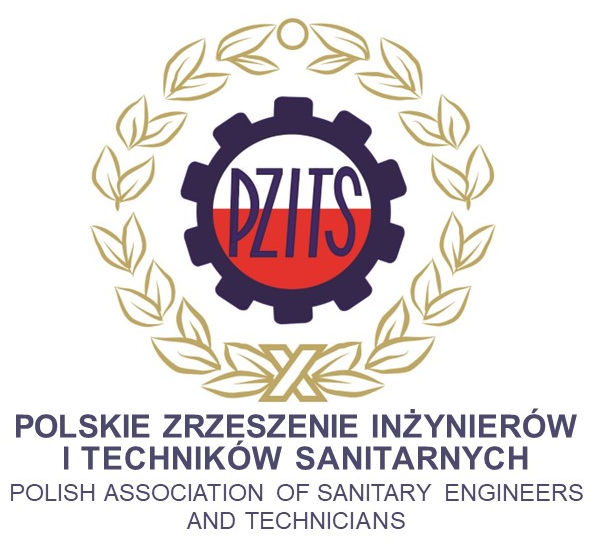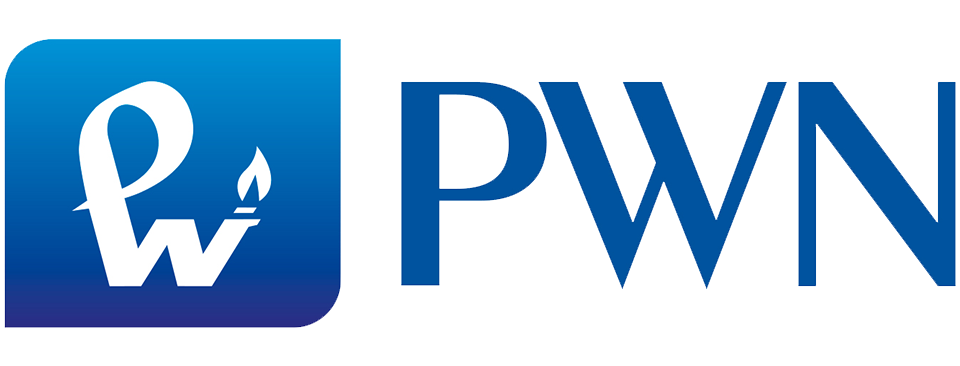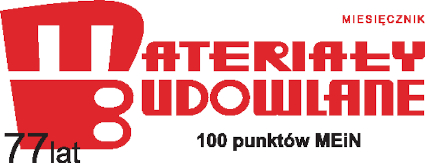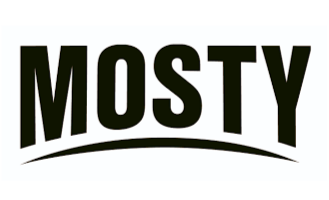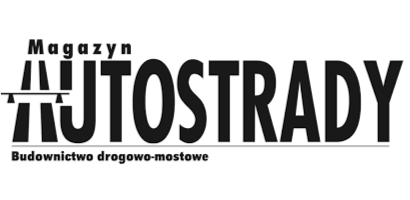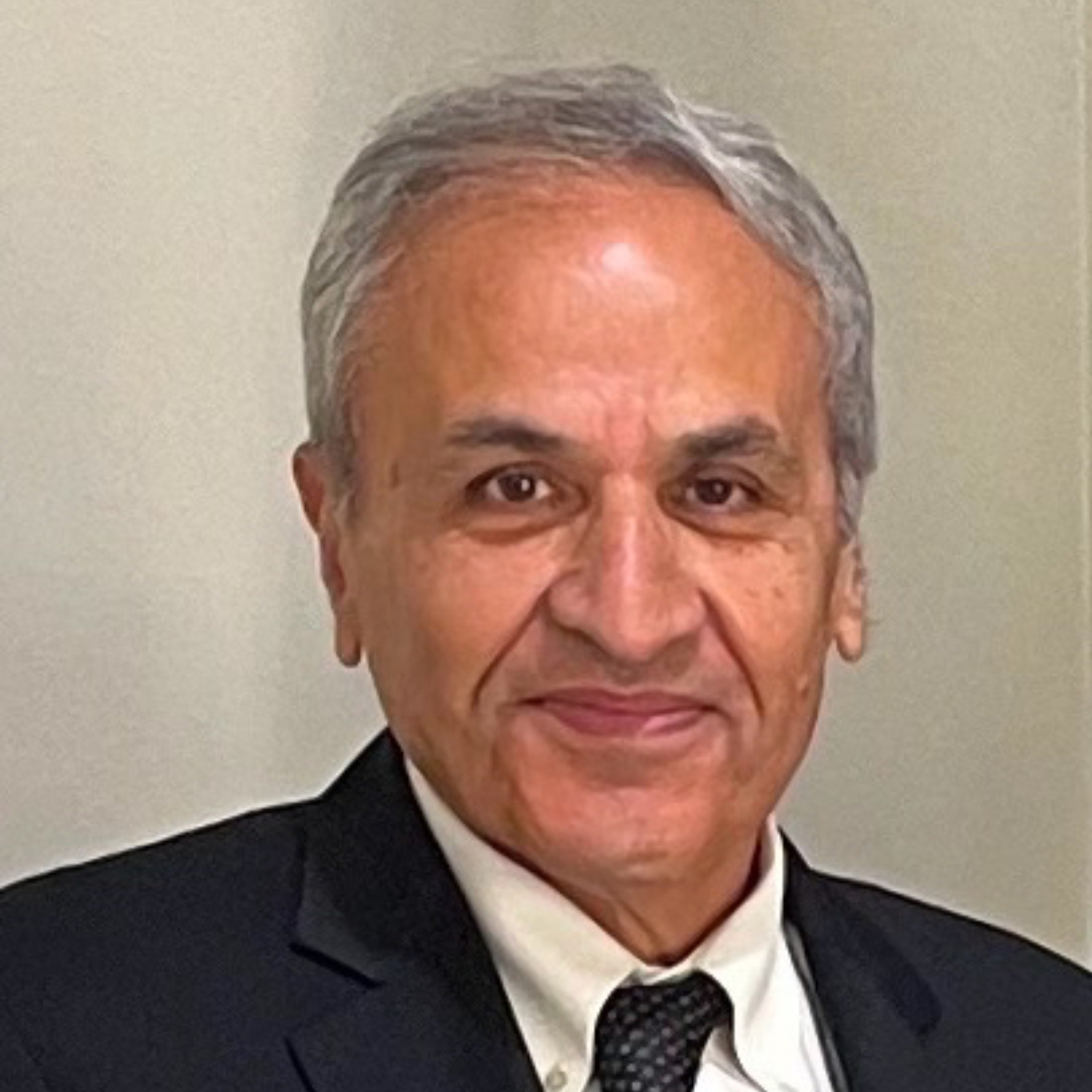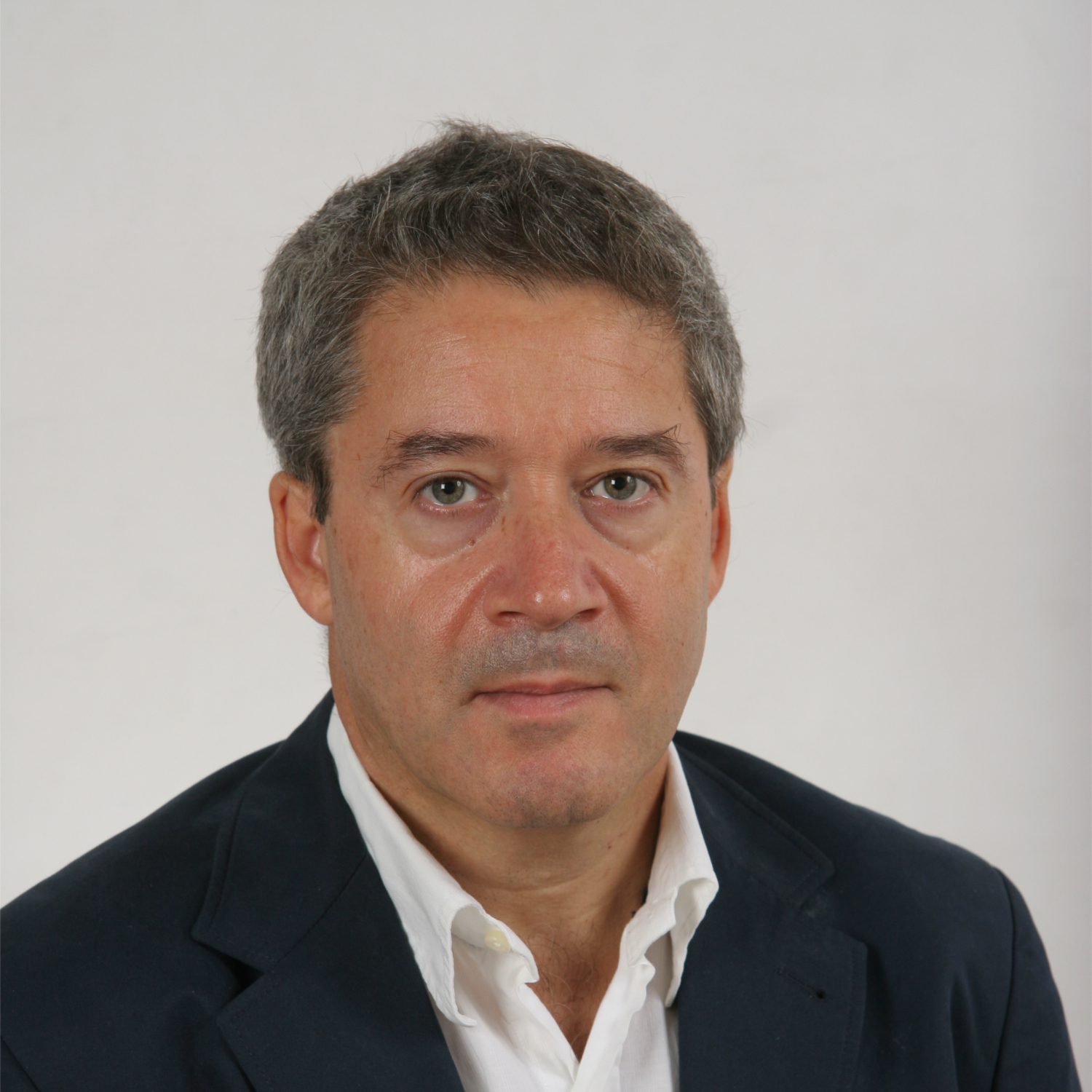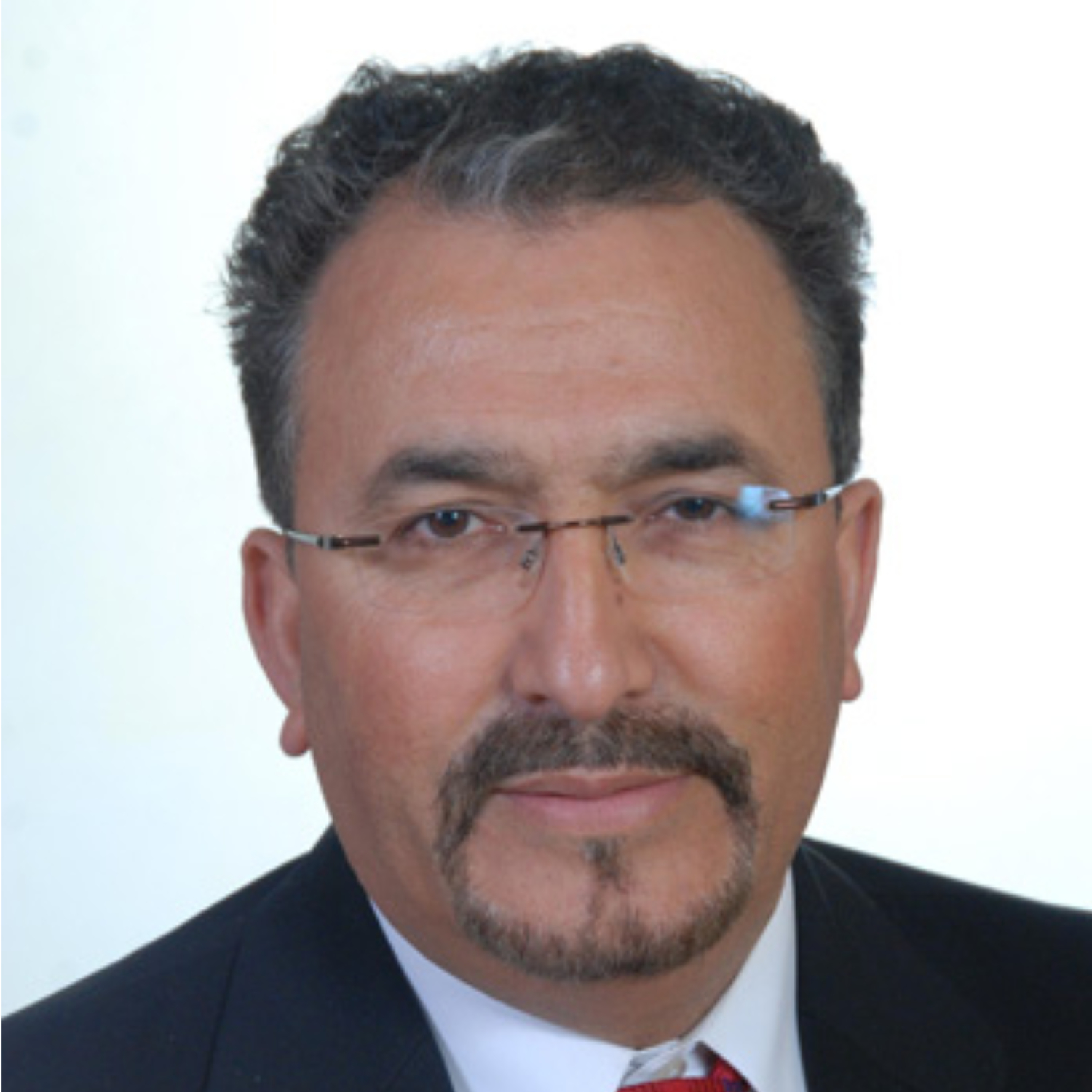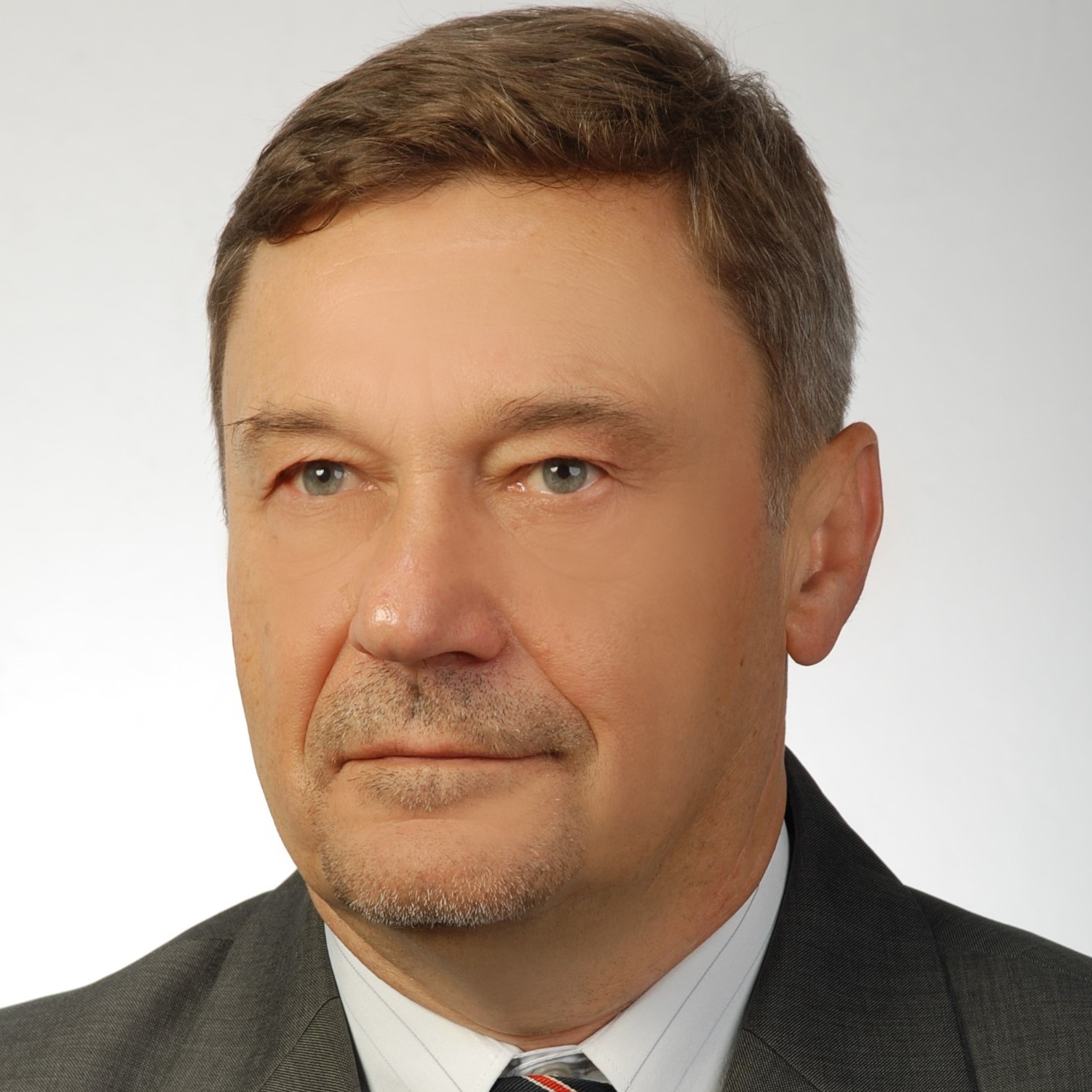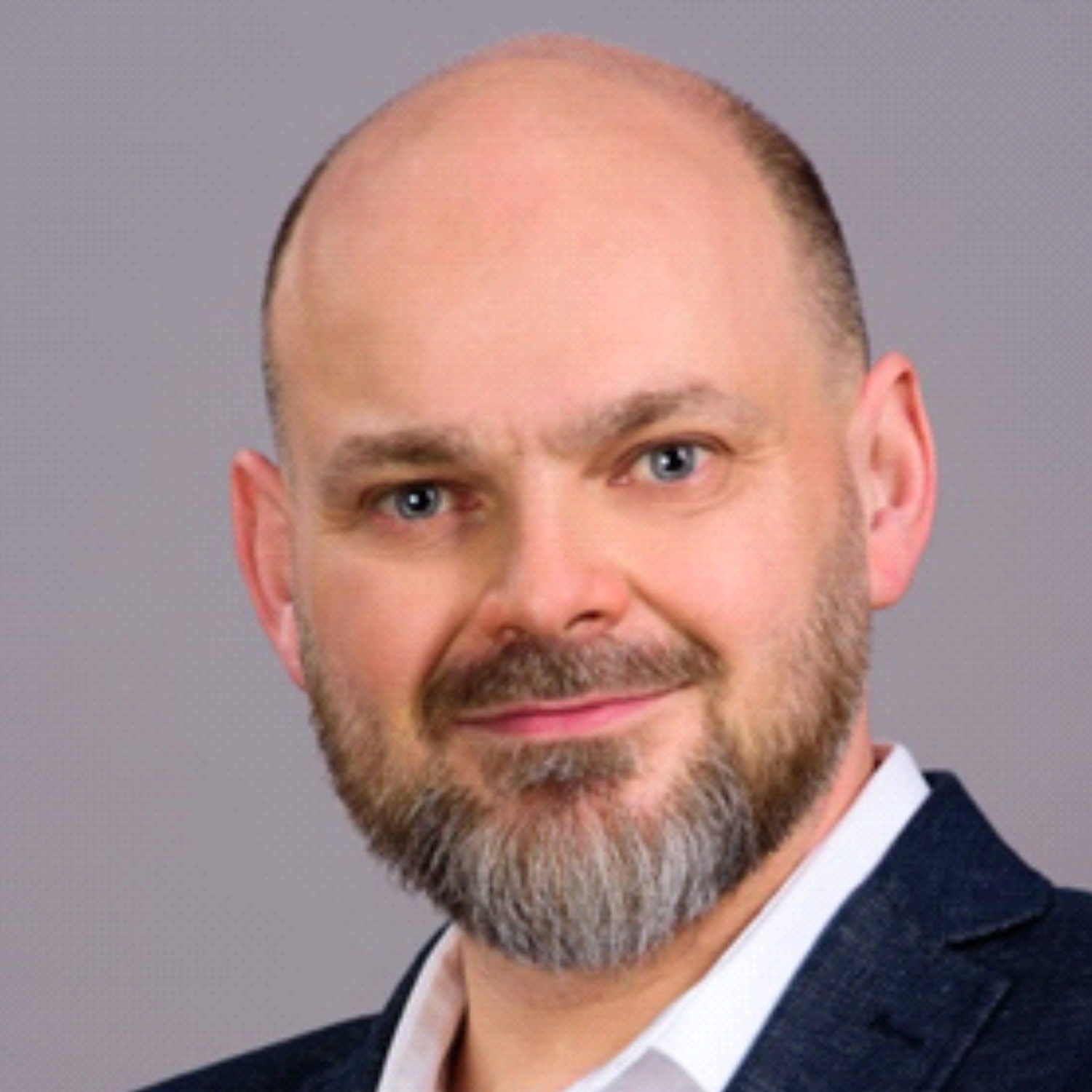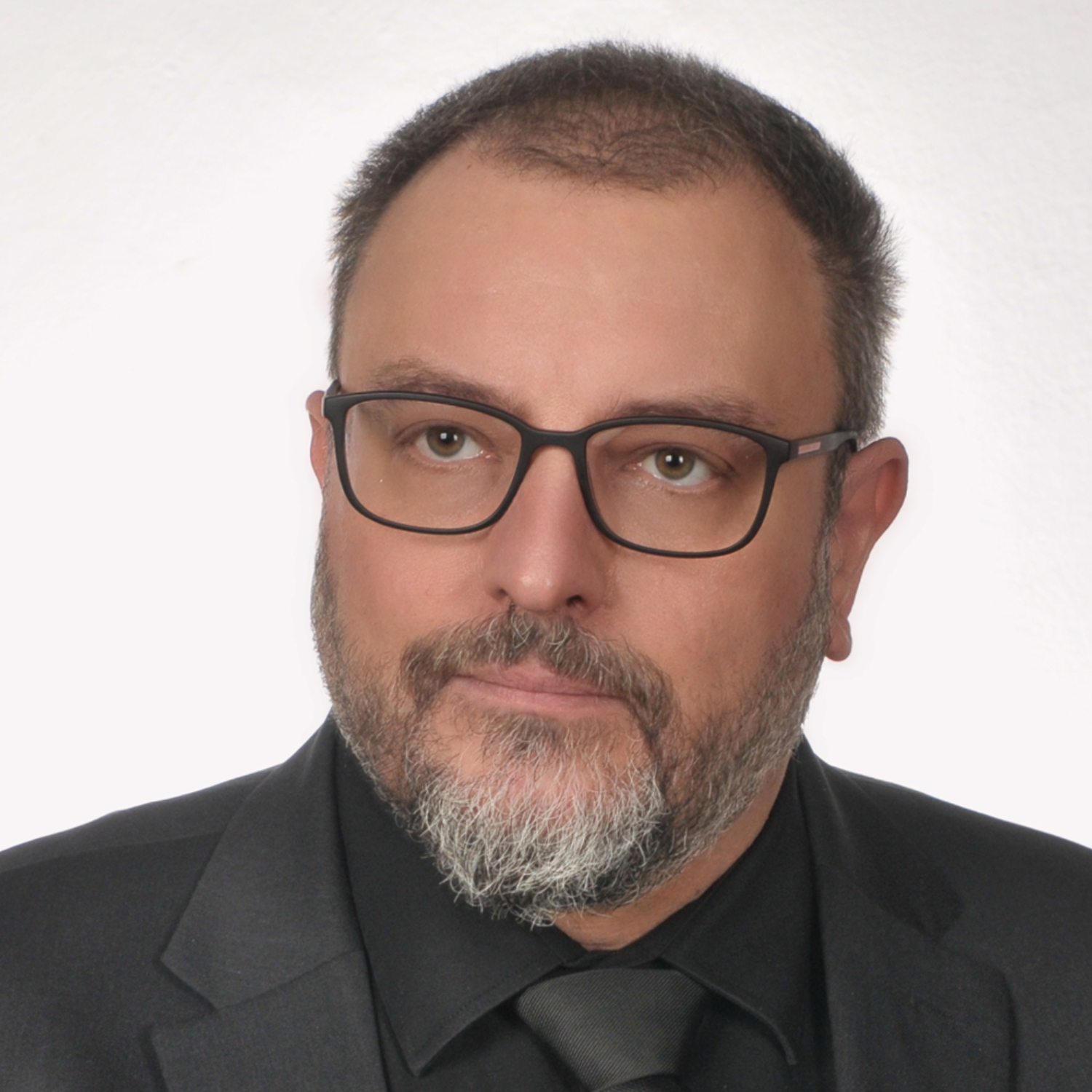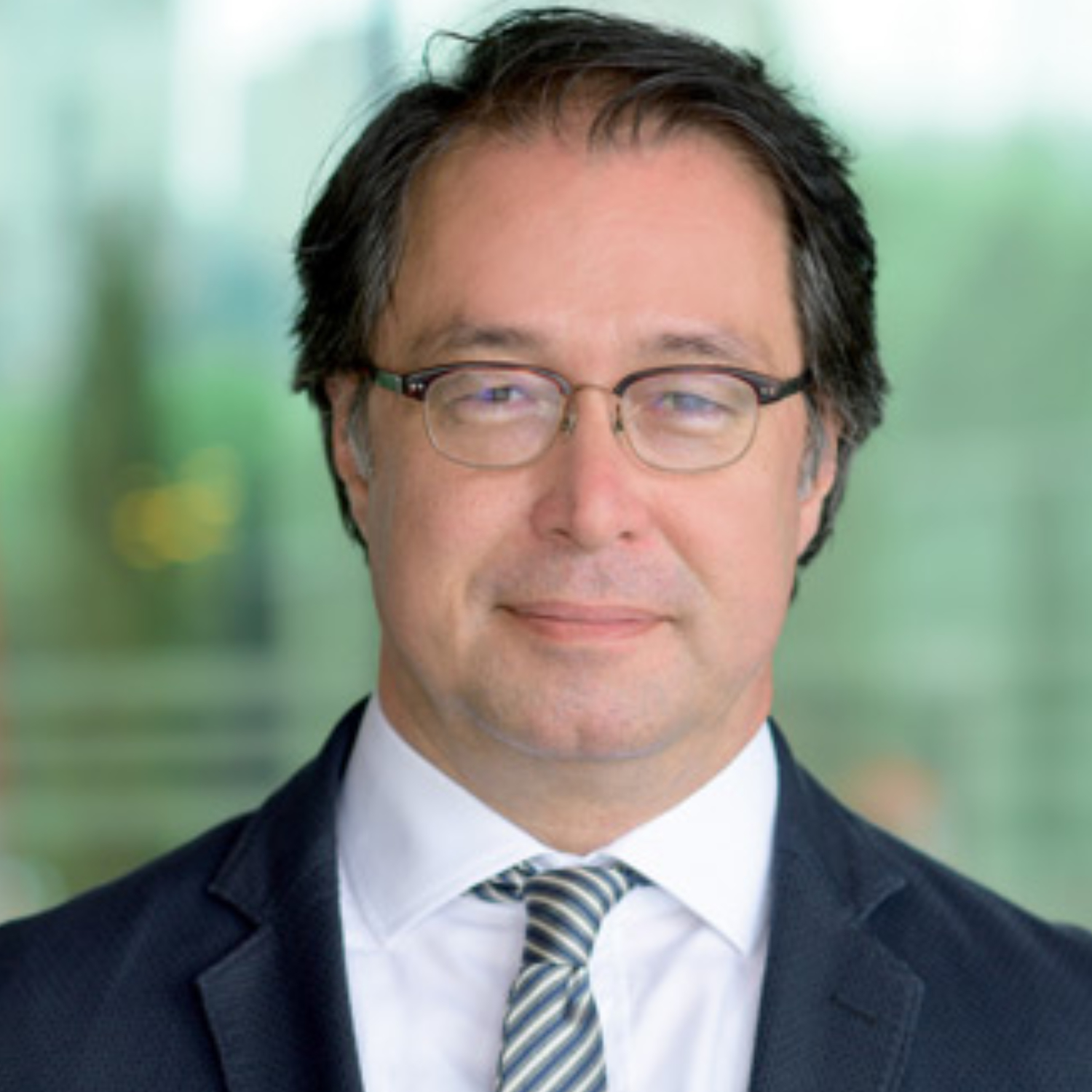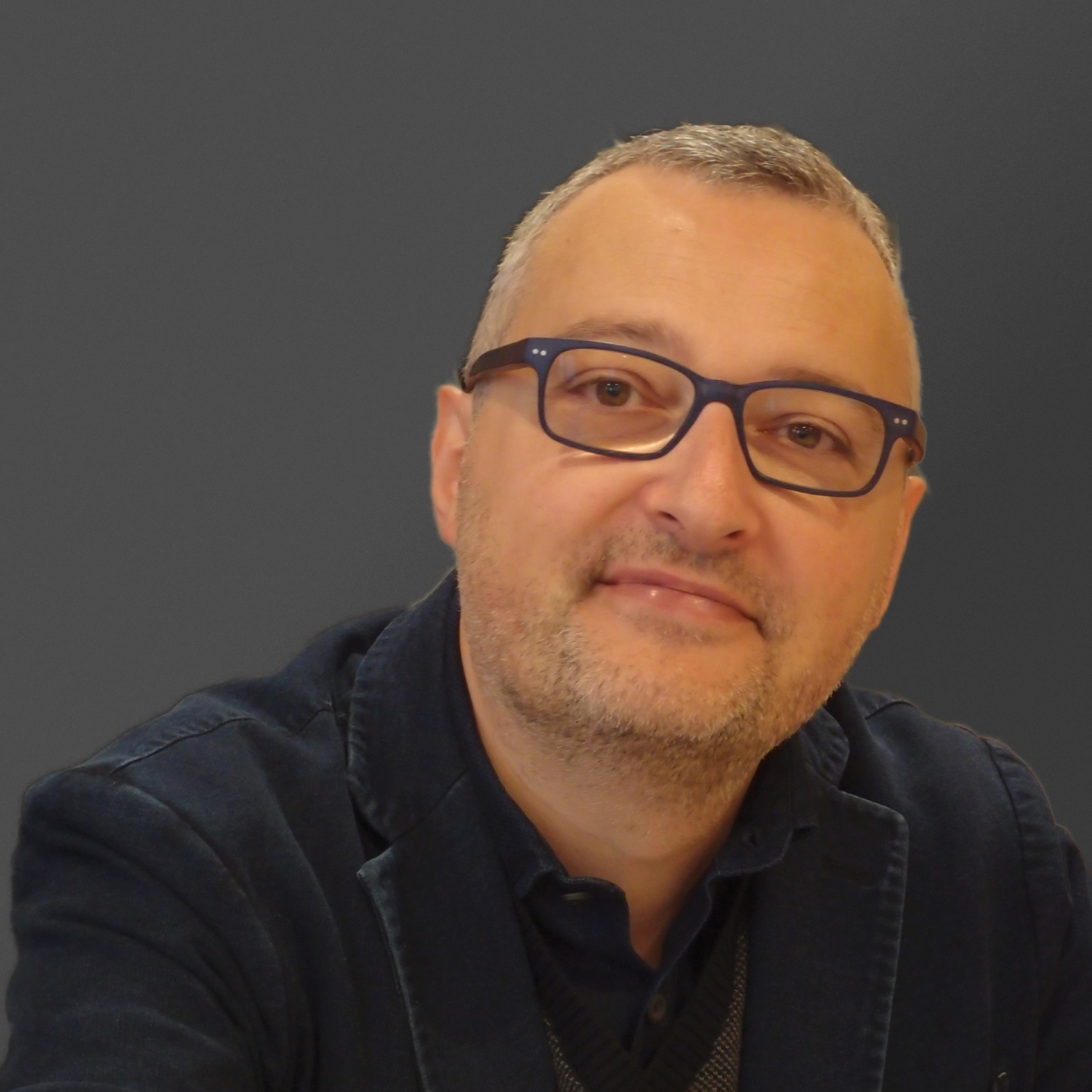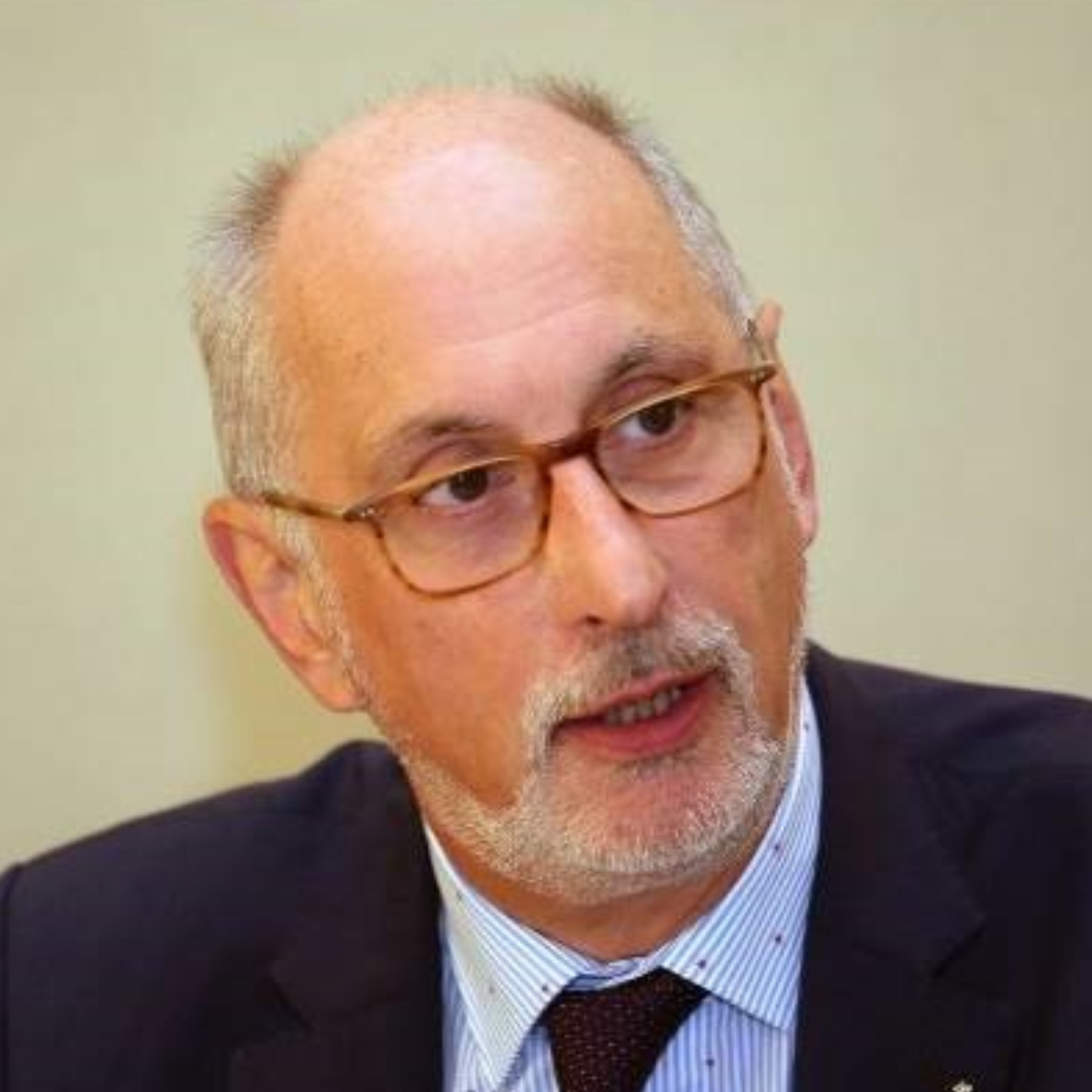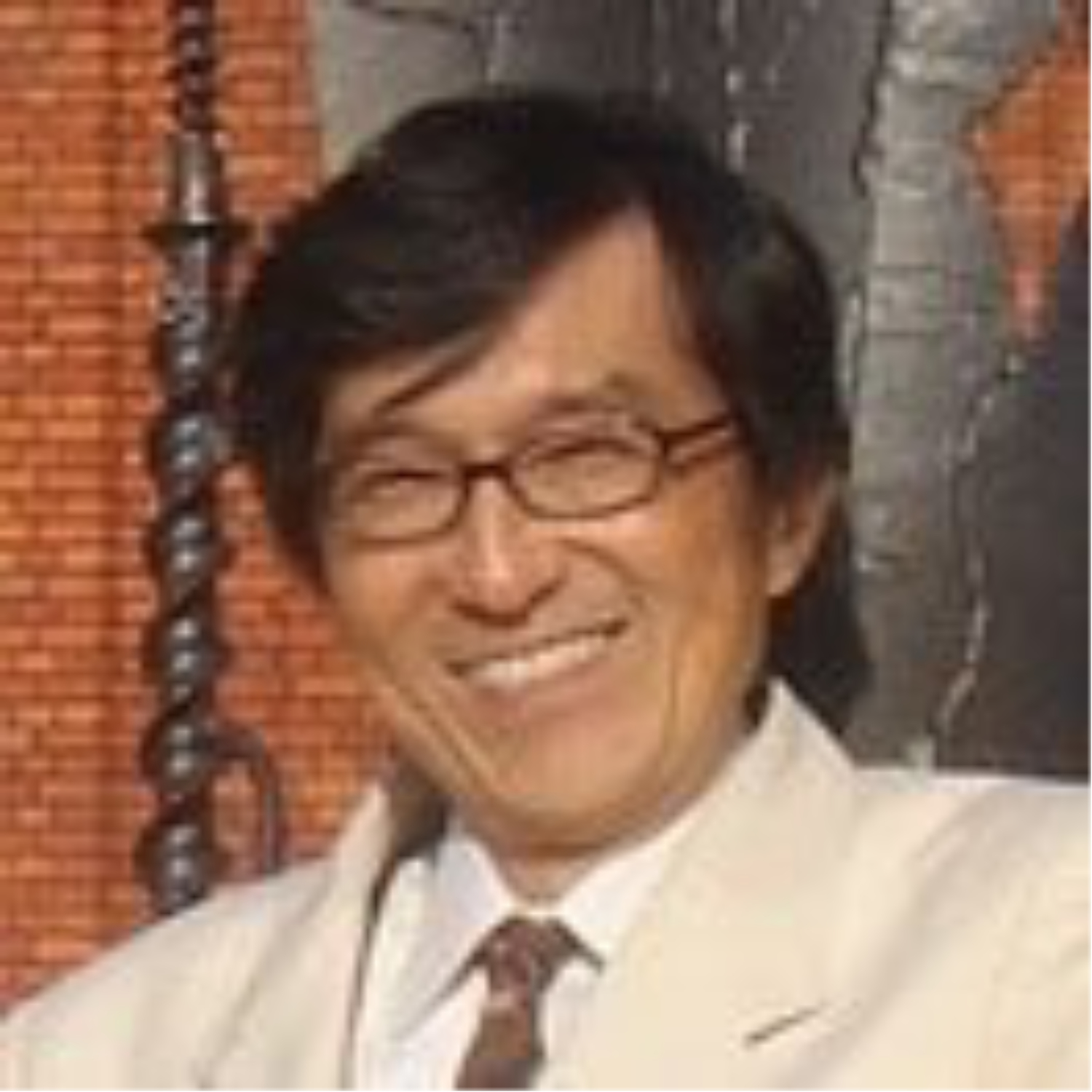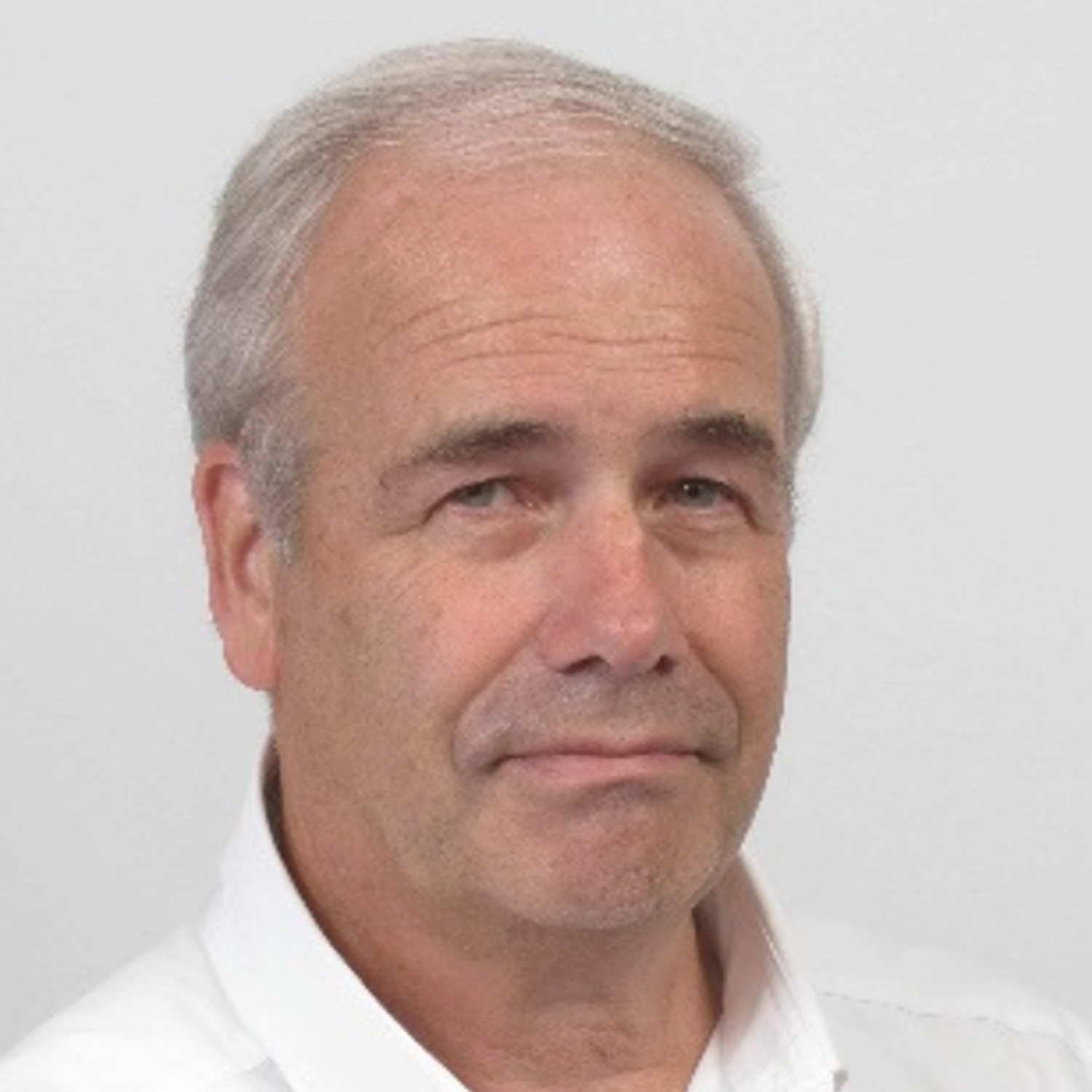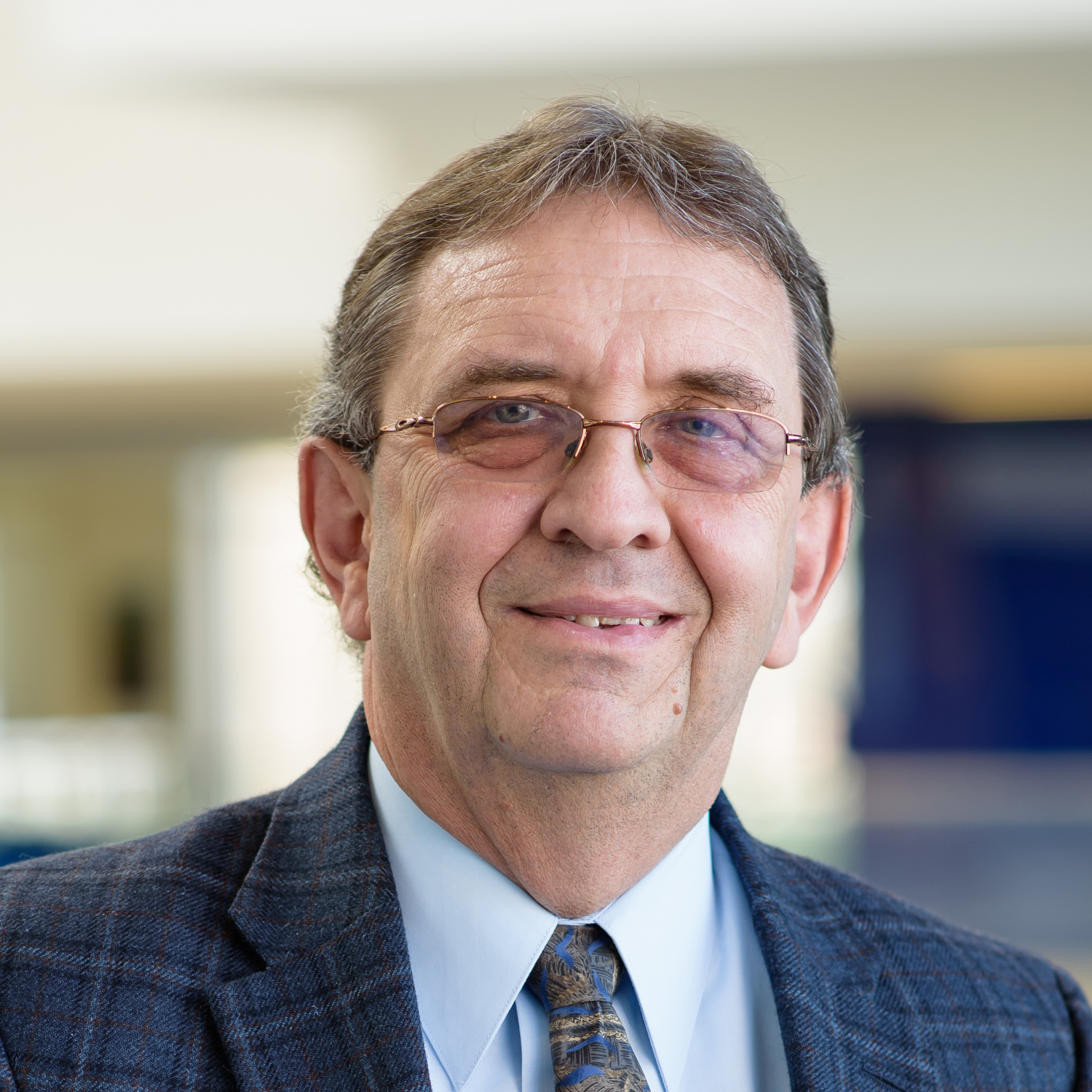Welcome
AMCM 2024
Analytical Models and New Concepts in Concrete and Masonry Structures
Next year (2023) will mark thirty years since the first AMCM conference was organised. The first meeting of AMCM was held in 1993 in Białystok, Poland. Subsequently, the conferences were organized periodically, aiming at scientists working in the field of concrete and masonry topics. The conference organizers and venues were changed every three years as follows:
- 1993 - Białystok - Białystok University of Technology,
- 1996 - Łódź - Technical Univeristy of Łódź,
- 1999 - Wrocław/Świeradów - Wrocław University Of Technology,
- 2002 - Cracow - Cracow Univeristy Of Technology,
- 2005 - Ustroń/Gliwice - Silesian Univeristy Of Technology,
- 2008 - Łódź - Lodz University of Technology,
- 2011 - Cracow - Cracow Univeristy Of Technology,
- 2014 - Wrocław - Wrocław University Of Technology,
- 2017 - Ustroń/Gliwice - Silesian Univeristy Of Technology,
- 2020 - Lublin - Lublin University of Technology.
Due to high standards of contributions, participants from many countries and wide range of subjects discussed – the previous Conferences were very successful. On behalf of the Organizing Committee and the Scientific Committee, it is our great pleasure and honor to invite You to the 11th International Conference on Analytical Models and New Concepts in Concrete and Masonry Structures AMCM2024 to be held once again in Łódź, Poland, from 26th to 28th June 2024.
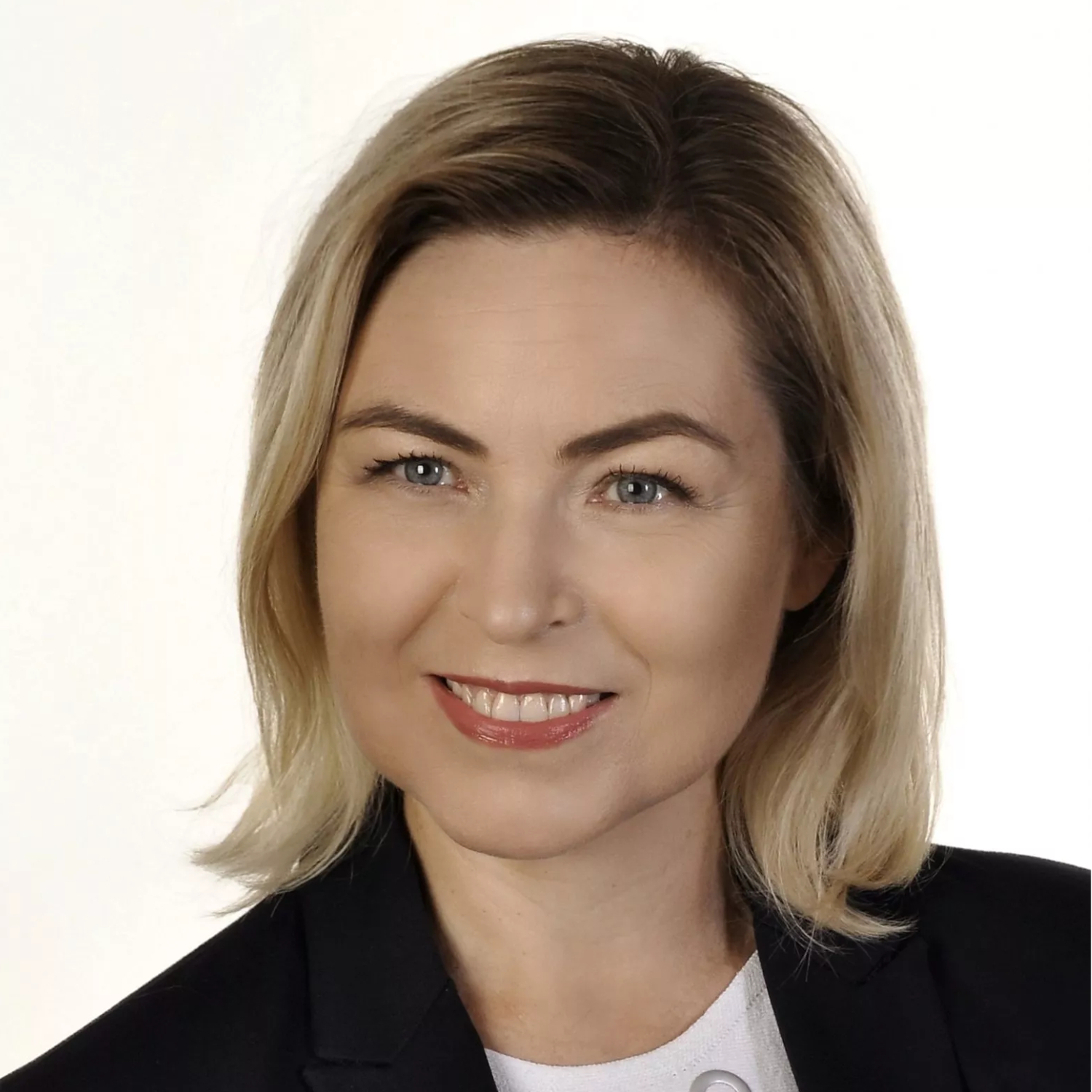
prof. Renata Kotynia - Chairman of the AMCM2024
Objectives and Scope
The main objective of the Conference is to present and review the latest achievements in concrete and masonry structures modelling and analysis. The three-day conference will be filled with a variety of session formats, with a balance of research and practice to permit the widest possible participation, providing an excellent forum to exchange ideas and to progress the field.
The organizers hope that the Conference will be fruitful for the all participants.
Topics
The conference covers a broad spectrum of topics related to concrete and masonry structures. In particular these include:
Concrete and Innovative Materials
- Concrete materials
- Concrete in complex stress state
- Behaviour and application of HPC in structures
- Reinforced and prestressed concrete structures
- Durable and sustainable concrete design
- Circularity in construction
- Testing and assessment methods
- Cyclic and long-term loading of concrete structures
- Digital construction with concrete
- Low carbon building materials for green construction
- Materials for renovated energy-efficient buildings
Structural Performance and Design
- Advances in structural design
- Numerical modelling
- Models for concrete structures analysis according to new Codes
- Deep learning for structural engineering
- Seismic vulnerability and risk assessment
- New trends in structural health monitoring
- Non-Deterministic models for structural health monitoring
- Structural behavior and experimental investigations
- Life-Cycle performance assessment of civil engineering systems
Construction Methods and Management
- Precast and prestressed concrete
- Building Information Modelling
- Management systems
- New trends in construction techniques
- Digital technologies shaping the construction
- Assessment of existing structures
Outstanding Structures
- Achievements in modelling and design of bridges
- Buildings and bridges
- Tunnels solutions
- Nuclear power plants
- Hydraulic and offshore structures
- Transportation projects
- Foundation systems
- Other special structures
Masonry Structures
- Design rules in masonry structures - codes
- Assessment of existing masonry structures
- Modelling of masonry structures
- Historical masonry structures
- Types of mortars of masonry structures
- Structural degradation of masonry
- Existing historical masonry structures
- Probabilistic modeling of aging masonry
Composite structures and innovative composite materials
- Composite materials
- Advanced strengthening materials and techniques
- New FRP reinforcement in concrete structures
- Composite structures
- Modelling of composite structures
- Theory, practice and new standards in FRP strengthening systems and FRP reinforcement
We are open to new subject areas. If your article does not fit exactly into the above topics, but is related to concrete or masonry, please feel free to send in your article.
International Advisory Committee
| Name | Surname | Country |
| Erkan | Akpinar | Turkey |
| Riadh | Al- Mahaidi | Australia |
| György | Balázs | Hungary |
| Nemkumar | Banthia | Canada |
| Joaqium Barros | Barros | Portugal |
| Oguzhan Bayrak | Bayrak | USA |
| Brahim | Benmokrane | Canada |
| Hans-Dieter | Beushausen | Republic of South Africa |
| Agnieszka | Bigaj - van Vliet | Netherlands |
| Robby | Caspeele | Belgium |
| Vladimir | Cervenka | Czech Republic |
| Marta | Choińska | France |
| David | Citek | Czech Republic |
| Hugo | Corres Peiretti | Spain |
| Manfred | Curbach | Germany |
| Avraham | Dancygier | Israel |
| Albert | De la Fuente | Spain |
| Frank | Dehn | Germany |
| Wit | Derkowski | Poland |
| Jean-François | Destrebecq | France |
| Gerrie Dieteren | Dieteren | Netherlands |
| Ir ia Licia Oliva | Doniak | Brasil |
| Marco | Di Prisco | Italy |
| Rolf | Eligehausen | Germany |
| Michael | Fardis | Greece |
| Jian-Fei | Chen | China |
| Peng | Feng | China |
| David | Fernández-Ordóñez | Spain |
| Oliver | Fischer | Germany |
| Stephen | Foster | Australia |
| Hans Rudolf | Ganz | Switzerland |
| Petr | Hajek | Czech Republic |
| Josef | Hegger | Germany |
| Steinar | Helland | Norway |
| Sung-Gul | Hong | South Korea |
| Dick | Hordijk | Netherlands |
| Alper | İlki | Turkey |
| Akio | Kasuga | Japan |
| Johann | Kollegger | Austria |
| Guan | Lin | China |
| Válter | Lucio | Portugal |
| Karin | Lundgren | Sweden |
| Xilin | Lyu | China |
| Koichi | Maekawa | Japan |
| Giuseppe | Mancini | Italy |
| Stef | Maas | Belgium |
| Peter | Mark | Belgium |
| Tor Arne | Martius - Hammer | Norway |
| Stuart | Matthews | United Kingdom |
| Alberto | Meda | Italy |
| Urs | Meier | Switzerland |
| Boyan | Mihaylov | Belgium |
| Giorgio | Monti | Italy |
| Masoud | Motavalli | Switzerland |
| Harald | Müller | Germany |
| Aurelio | Muttoni | Switzerland |
| Hikaru | Nakamura | Japan |
| Antonio | Nanni | USA |
| Piotr | Noakowski | Germany |
| Andrzej | Nowak | USA |
| Pedro | de Oliveira Almeida | Brasil |
| Alessandro | Palermo | New Zealand |
| Frank | Papworth | Australia |
| Giovanni | Plizzari | Italy |
| Maria Anna | Polak | Canada |
| Koji | Sakai | Japan |
| Theo | Salet | Netherlands |
| Erik | Schlangen | Netherlands |
| Takumi | Shimomura | Japan |
| Johan | Silfwerbrand | Sweden |
| Andreas | Sjaastad | Norway |
| Alfred | Strauss | Austria |
| Luc | Taerwe | Belgium |
| José | Torero | UK |
| Jean Michel | Torrenti | France |
| Thanasis | Triantafillou | Greece |
| Tamon | Ueda | Japan |
| Jan L. | Vitek | Czech Republic |
| Joost | Walraven | Netherlands |
| Zhishen | Wu | China |
| Sherif | Yehia | China |
| Yong | Yuan | China |
Polish Scientific Committee
| Name | Affiliation |
| Jan Bień | Wroclaw University of Science and Technolofy |
| Ewa Błazik-Borowa | Lublin University Of Technology |
| Jan Biliszczuk | Wroclaw University of Science and Technolofy |
| Robert Cichowicz | Lodz Univeristy of Technology |
| Lech Czarnecki | ITB |
| Jan Deja | AGH University of Science and Technology |
| Wit Derkowski | Cracow Univeristy of Technology |
| Łukasz Drobiec | Silesian University of Technology |
| Kazimierz Flaga | Cracow Univeristy of Technology |
| Kazimierz Furtak | Cracow Univeristy of Technology |
| Andrzej Garbacz | Warsaw University of Technology |
| Dariusz Gawin | Lodz Univeristy of Technology |
| Marian Giżejowski | Warsaw University of Technology |
| Barbara Goszczyńska | Kielce Univeristy of Technology |
| Krzysztof Gromysz | Silesian University of Technology |
| Anna Halicka | Lublin University Of Technology |
| Jerzy Hoła | Wroclaw University of Science and Technolofy |
| Jacek Hulimka | Silesian University of Technology |
| Marcin Kamiński | Lodz Univeristy of Technology |
| Barbara Klemczak | Silesian University of Technology |
| Marcin Koniorczyk | Lodz Univeristy of Technology |
| Robert Kowalski | Warsaw University of Technology |
| Jan Kubica | Silesian University of Technology |
| Maria Kaszyńska | West Pomeranian University of Technology in Szczecin |
| Zbigniew Kledyński | Warsaw University of Technology |
| Cezary Madryas | Wroclaw University of Science and Technolofy |
| Krystyna Nagrodzka-Godycka | Gdansk Univeristy of Technology |
| Adam Podhorecki | Bydgoszcz University of Technology |
| Wojciech Radomski | Politechnika Warszawska |
| Anna Siemińska-Lewandowska | Politechnika Warszawska |
| Antoni Szydło | Wroclaw University of Science and Technolofy |
| Tomasz Siwowski | Rzeszów University of Technology |
| Marek Salamak | Silesian University of Technology |
| Andrzej Seruga | Cracow Univeristy of Technology |
| Adam Stolarski | Military University of Technology |
| Jacek Szer | Lodz Univeristy of Technology |
| Elżbieta Szmigiera | Warsaw University of Technology |
| Leszek Szojda | Silesian University of Technology |
| Grzegorz Świt | Kielce Univeristy of Technology |
| Jacek Śliwiński | Cracow Univeristy of Technology |
| Andrzej Ubysz | Wroclaw University of Science and Technolofy |
| Tadeusz Urban | Lodz Univeristy of Technology |
| Andrzej Winnicki | Cracow Univeristy of Technology |
| Krzysztof Wilde | Gdansk Univeristy of Technology |
| Adam Zybura | Silesian University of Technology |
| Henryk Zobel | Warsaw University of Technology |
Local Organising Committee
Chairman of the OC – prof. Renata Kotynia; Vice-Dean for Development; Faculty of Civil Engineering, Architecture and Environmental Engineering (FCEAEE), Lodz University of Technology (LUT)
Vice Chairman of the OC – prof. Dariusz Gawin; Dean of FCEAEE, LUT
Our team:
| Name | Affiliation |
| Michał Gołdyn | Department of Concrete Structures |
| Elżbieta Habiera - Waśniewska | Department of Building Materials Physics and Sustainable Design |
| Ewelina Kolodziejczyk | Department of Concrete Structures |
| Martyna Rabenda | Department of Concrete Structures |
| Janusz Rogowski | Department of Concrete Structures |
| Damian Szczech | Department of Concrete Structures |
| Konrad Szczepański | Department of Concrete Structures |
| Tadeusz Urban | Department of Concrete Structures |
| Tomasz Waśniewski | Department of Concrete Structures |
Secretary:
Oliwia Łuczak; Magdalena Sofijska, Marcin Janecki
Financial matters:
Agnieszka Kobalczyk – Financial Questor LUT
Joanna Konca - Financial Organizer of FCEAEE, LUT
Keynote lectures
Riadh Al-Mahaidi
Swinburne University of Technology, Melbourne, Australia Lecture title:Innovative Materials and Testing Techniques for Safer Structures under Extreme Events
Riadh Al-Mahaidi is the Director of the Smart Structures Laboratory and a Professor of Structural Engineering at Swinburne University of Technology in Melbourne, Australia. He previously held the position of Vice President (International Engagement) at Swinburne and he was the Head of the Structures Group at Monash University.
His research focuses on the lifetime integrity of structures, with a particular interest in structural strength assessment and retrofitting using advanced composite materials. His current research projects involve strengthening bridges using fiber reinforced polymers combined with cement-based bonding agents, improving the fatigue life of metallic structures using advanced composite systems and shape memory alloys, and assessing structure collapse through multi-axis hybrid testing.
Fellow of various institutions, including Institution of Engineers Australia, American Concrete Institute, American Society of Civil Engineers, The International Institute for FRP in Construction (IIFC), Institution of Civil Engineers (UK), and the Bridge Engineering Institute.
Recipient of many awards and honors, including the 2023 IIFC Medal for distinguished contributions to the field of FRP composites for construction through research or practical applications and the 2021 IABMAS Special Service Award from the International Association for Bridge Maintenance and Safety, among others. Author of over 250 journal articles, 270 conference papers and 18 authored/edited books and conference proceedings.
CloseJoaquim A. O. Barros
University of Minho, PortugalLecture title:
Structural Performance and Design
Joaquim A. O. Barros is Full Professor of the Department of Civil Engineering of Minho University, Director of the PhD in Civil Engineering and coordinator of the Structural Composites Group.
His research interests include structural strengthening, composite materials, fiber reinforced concrete and the development of constitutive models for the simulation of the behavior of cement based and polymer based materials, and their implementation in software based on the finite element method (FEM).
Fellow American Concrete Institute (ACI), and voting member of several ACI Technical Committees
Member of the Technical Committees of the International Federation for Structural Concrete (fib)
Member of the International Union of Laboratories and Experts in Construction Materials, Systems and Structures – RILEM
Council member of the International Institute for FRP in Construction (IIFC)
Member of the Scientific Advisory Committee of the Australian “Design Guideline for RC Structures Retrofitted with FRP and Metal Plates: Beams and Slabs“
Chairman of 10 international conferences
Author of more than 800 papers divided by books, chapter of books, journal papers, conferences, monographs and educational reports
Co-founder of FEMIX FEM-based computer program for advanced structural analysis and founder of the CiviTest Company
CloseAbdeldjelil Belarbi
University of Houston, United StatesLecture title:
Development of Current AASHTO Bridge Design Specifications for Prestress and Shear Design using Innovative FRP and HSSS Reinforcements
Abdeldjelil Belarbi is currently the Hugh Roy and Lillie Cranz Cullen Distinguished Professor at University of Houston and previously a Distinguished Professor of Civil Engineering at Missouri University of Science and Technology.
His main research interests include structural health monitoring, smart sensors, structural performance and durability in natural disasters, constitutive modeling of reinforced and pre-stressed concrete structures.
Fellow of the American Society of Civil Engineers (ASCE), the American Concrete Institute (ACI) and the Structural Engineering Institute (SEI)
Recipient of over 30 awards and honors for his excellence in research, teaching and service to professional community
Author of over 230 technical research papers.
CloseJan Bień
Wrocław University of Science and Technology, PolandLecture title:
Gerontology of Concrete Bridges
Jan Bień is Professor at Faculty of Civil Engineering of Wroclaw University of Science and Technology (WUST).
His research interests include computer methods in modelling and analysis of bridge structures, including structures with defect, diagnostics and monitoring of bridge structures and bridge management systems with expert tools using elements of artificial intelligence.
Designer of the computer systems supporting bridge management: SMOK for railway administration and SZOK, URBI, ROBIN for road administration in Poland
Member of over 20 national and international research and technical organizations, incl.: IABSE (chairman of the Polish Group), International Association for Bridge Maintenance and Safety (IABMAS), American Society of Civil Engineers (USA), Transportation Research Board (USA), expert of the European Union (Directorate-General for Research and Innovation), Scientific Secretary of the Civil Engineering Committee of the Polish Academy of Sciences
Chairman of the research teams in many national and international projects.
Author of over 290 research papers, including 10 books, in the field of Bridge Engineering, Expert Systems, Diagnostic Technologies, Knowledge-Based Bridge Management Systems as well as author of over 340 research reports.
CloseWit Derkowski
Linnaeus University, Växjö, SwedenLecture title:
Timber-Concrete Structures as an Attempt a Better Integration of Concrete into Sustainable Buildings
Wit Derkowski is currently associate professor at Linnaeus University in Sweden and lecturer at the postgraduate program in precast concrete structures in Porto, Portugal. Previously, until 2020, he was employed as a professor at the Cracow University of Technology in Poland, where he held the position of director of the Institute of Building Materials and Structures and Head of the Prestressed Concrete Structures Chair.
His research concerns precast and prestressed concrete structures and more recently timber-concrete composite structures and circularity in construction business.
Deputy Chair of Commission 6 "Prefabrication" of the International Federation for Structural Concrete (fib) and Chairman of the Polish fib Delegation.
Member of the Concrete Structures Section of the Polish Academy of Sciences
Member of the Technical Committee of the International Prestressed Hollowcore Association (IPHA) "HOLCOLODIS" research program.
Chairman of Technical Committee No. 195 "Precast Concrete Products" of the Polish Committee for Standardization.
His doctoral thesis (2005) on fatigue life of RC beams strengthened with CFRP laminates was awarded by the Polish Minister of Transport and Construction and his post-doctoral thesis (2017) on structural analysis of prefabricated floor slabs with structural topping was awarded by the Polish Minister of Investment and Development.
In 2022 he was awarded the fib Fellow honour.
Author of over 100 technical research papers.
Practicing engineer, with a full Polish building licenses and building appraiser certificate. Since 2006 owner of the PiEB Consulting Company.
Close
Łukasz Drobiec
Silesian University of Technology, PolandLecture title:
Diagnostics of Existing Masonry Structures
Łukasz Drobiec is an assistant professor with post-doctoral thesis at the Department of Structural Engineering at the Silesian University of Technology, Poland.
His research work includes experimental laboratory studies of large masonry and reinforced concrete models. The tested wall elements consisted of small size elements of different types, joined by different joints - reinforced with or without reinforcement. The research on reinforced concrete structures included the analyses of beams with holes and undercut beams, and the support zone of slab-and-column structures. Another area of his research interest is numerical modeling of construction structures, using advanced computational models.
Member and secretary of the Section of Concrete Structures of the Civil Engineering Committee of the Polish Academy of Sciences.
Member of the Scientific Committee of the Polish Association of Construction Engineers and Technicians (PZITB).
Member of the International Masonry Society.
Member of two sections (KT 233, KT 252) of the Polish Committee for Standardization.
Member of the Association of Monument Conservators and the Polish National Committee of the International Council for the Protection of Monuments ICOMOS-POLSKA.
Member of the European Autoclaved Aerated Concrete Association (EAACA).
Author and co-author of over 370 publications, including 22 books, and a lot of articles in foreign and domestic journals, chapters in books and papers delivered at national and international conferences.
Practicing engineer who has participated in preparing in excess of 3000 surveys, opinions and designs that concerned general construction, sports and industrial sector buildings. He has often served as a construction site manager or construction surveyor.
CloseAlper İlki
Istanbul Technical University, TurkeyLecture title:
Seismic behavior of substandard RC structures in the light of actual observed structural failures and full-scale building tests
Alper İlki is Professor of Structural Engineering at Istanbul Technical University.
His main research interests include the structural seismic behaviour of reinforced concrete and masonry structures. Other fields of his research are large scale structural testing and structural/seismic retrofitting, particularly through innovative techniques and materials.
Editor of Turkish Journal of Civil Engineering.
Associate editor or editorial board member of ASCE Journal of Structural Engineering, ASCE Journal of Composites for Construction and Arabian Journal for Science and Engineering.
Co-editor of three international books published by Springer titled Seismic Risk Assessment and Retrofitting, Seismic Evaluation and Rehabilitation of Structures, and Advances in Assessment and Modeling of Earthquake Loss.
Member of the IIFC Council.
Head of Turkish Delegation to fib.
Chairman of the executive committee of Turkish Earthquake Foundation.
Member of the board of Turkish Catastrophe Insurance Pool.
Close
Urs Meier
Empa, Swiss Federal Laboratories for Materials Science and Technology, Dubendorf, SwitzerlandLecture title:
Assessing the Sustainable Use of Carbon Fiber Reinforced Polymers in Construction: Today and Tomorrow
Urs Meier was professor at the Department of Civil, Environmental and Geomatic Engineering at the Swiss Federal Institute of Technology (ETH) and the Managing Director of the Swiss Federal Laboratories for Materials Science and Technology (Empa) in Zurich-Dubendorf up to his retirement. Currently, he continues to work at Empa as a technology consultant.
His research concerns the development and application of carbon fiber-reinforced polymers (CFRP) in the construction industry, in particular the post-strengthening of civil structures with CFRP laminates and the application of CFRP stay-and post-tensioning cables.
Member of several international organizations and commissions, e.g. the National Research Council in the USA.
Recipient of a number of prestigious awards, including the title of doctor honoris causa awarded by the Royal Military College of Canada (2005) and the Fellow Award of the Society for the Advancement of Materials and Process Engineering ‘SAMPE’ (2019), which is represented in around 40 countries.
Author of several patents and over 300 scientific and technical publications.
CloseFrancesco Pesavento
University of Padova, ItalyLecture title:
A General Approach for the Numerical Modeling of Concrete Structures' Durability Based on Multiphase Porous Media Mechanics
Francesco Pesavento is Associate Professor of Solids and Structural Mechanics at the Department of Civil, Environmental and Architectural Engineering of the University of Padova (Italy). He is graduated from University of Padova in Civil Engineering. He obtained his PhD in Structural Mechanics in 2001 at the University of Bologna (Italy). From 2002 to 2011 he was Assistant Professor at the University of Padova. He received a professor title (association) in 2011 and the National Scientific Qualification to the position of Full professor in 2018.
His research interests include non-linear mechanics of structures, geo-materials, concrete; heat and mass transfer and related stress phenomena in geo-materials and building materials; thermodynamics of unsaturated porous media with damage effects; thermo-hydro-mechanical analysis of high and ultra-high performance concrete at high temperature; numerical modeling of fire in buildings and tunnels (from fire scenario to structural behavior); modeling of the hydration, aging, creep and degradation processes in the analysis of the durability of cementitious, building materials and concrete structures; numerical modeling based on isogeometry in multifield problems; multifield fracture mechanics in cementitious, building and geo-materials with application to civil, environmental and nuclear engineering.
Member of the Italian Association of Computational Mechanics (GIMC).
Member of Italian Association of Theoretical and Applied Mechanics (AIMETA).
Member of International Union of Laboratories and Experts in Construction Materials, Systems and Structures (Rilem).
Member of Italian Association of Concrete Structures (AICAP).
Member of International Association of Computational Mechanics (IACM).
Author of approximately 300 papers published in peer review international and national journals, conference proceedings and chapters in books.
Close
Luc Taerwe
Ghent University, BelgiumLecture title:
Digital Technologies Shaping the Construction Towards Resilient Concrete Structures in a Digitalized World
Luc Taerwe is Emeritus Full Professor of Structural Engineering at Ghent University (Belgium) and the director of the East Asia Platform at Ghent University. He was also a National RPGE Chair Professor at Tongji University in Shanghai.
His research experience covers all aspects of reinforced and prestressed concrete structures, including fire resistance, robustness, tunnel linings, composite reinforcement (FRP), structural reliability, statistical quality control, high performance and fibre reinforced concrete.
Editor-in-chief of the fib journal “Structural Concrete”.
Elected member of the Royal Belgian Academy of Technical Sciences.
Member of the European Standards Committee CEN/TC 250/SC2.
Member of the fib Technical Council, Commission 9, Commission 10, Task Group 1.6, Task Group 2.3, Task Group 2.8 and Task Group 10.1.
Member od ACI Committee 363, 423 and 440 (American Concrete Institute).
Chairman of the Belgian Standards Committee E25002 - Eurocode 2: Design of Concrete Structures.
Chairman of the Belgian Standards Committee E229, analogous to European Technical Committee CENT/TC 229 – Prefabricated Concrete Products.
Chairman of the Belgian Standards Committee E177, analogous to European Technical Committee CENT/TC 177 – Prefabricated reinforced components of autoclaved aerated concrete or lightweight aggregate concrete with open structure.
President Belgian Concrete Society (2015-2019).
Recipient of several scientific awards, among which the Shanghai International Science and Technology Cooperation Award (2020).
He is the author and co-author of over 600 scientific and technical publications.
CloseTamon Ueda
Shenzhen University, Hokkaido UniversityLecture title:
Generic Mesoscale Modeling for Concrete Material and Structural Behavior with Physical Damages
UEDA Tamon is Distinguished Professor at College of Civil and Transportation Engineering, Shenzhen University and Professor Emeritus of Hokkaido University. He obtained his Doctor of Engineering from The University of Tokyo in 1982. His research interests are in concrete and hybrid structures, interventions, and life cycle management. He has been appointed by Dalian University of Technology as Sea-Sky Scholar, Zhejiang University as Pao Yu-Kong Chair Professor, Shenzhen University as Distinguished Visiting Professor, Sirindhorn International Institute of Technology as Visiting Professor, etc.
He has published over 280 peer-reviewed papers, over 60 invited papers at international conferences, and over 170 invited lectures in 17 countries.
He has received various international and national awards on his research/professional achievements (The fib Medal of Merit, Thammasat Honorary Award, METI Award for Industrial Standardization Project, JSCE International Lifetime Contribution Award, JSCE Lifetime Achievement Award, JSCE Yoshida Prize, etc), and awards from international journals (Journal of Composites in Construction, Journal of Advanced Concrete Technology, Advances in Structural Engineering), and domestic journals (JSCE, JCI, JPCI).
He is Honorary Life Member, Fellow and Technical Council Member of fib, Fellow and Advisory Committee Chair of IIFC, Immediate Past Chair of International Steering Committee of EASEC, Past President of ACF, Chair of ISO/TC71, Past Chief Advisor of AUN/SEED-Net, Member of The Engineering Academy of Japan (EAJ), Immediate President of JSCE, and Past Chairman of Association for Civil Engineering Technology of Hokkaido. He is Academician, The Engineering Academy of Japan.
Close
Joost Walraven
Delft University of Technology, The NetherlandsLecture title:
High Performance Fibre Concrete
Joost Walraven was professor of Concrete Structures at Delft University of Technology in the Netherlands up to his retirement in 2012.
His research interests include the development of advanced models for the behavior of concrete structures and new types of concrete.
2000-2002, president of fib, the International Concrete Federation.
Convenor of the Project Team writing Eurocode 2 “Concrete Structures”
Convenor of the team producing the fib Model Code 2010.
Chairman of the fib Task Groups 3.2 “Modelling structural performance of existing concrete structures” and 4.2 “Ultra High Performance Fibre Concrete”.
Close
Jan Kośny
University of Massachusetts, Lowell, MA, USALecture title:
Thermal Performance of Concrete and Masonry Envelopes and Their Impact on Building Integration with Power Grid and Renewable Energy Resources
Since 2019, faculty member in the Dept. of Mechanical Eng. at UML with expertise in building envelopes, energy efficiency, material engineering, building science, thermal insulation, heat storage, and building integrated solar technologies. For 10 years, Dr. Kośny worked as a junior faculty at the Department of Civil, Environmental, and Architectural Engineering, at the Rzeszow University of Technology, Poland, and later, he worked for 20 years at the ORNL’ Buildings Technology Center. During 2010-19, he served as a director of Building Enclosures & Materials at Fraunhofer USA. He has published 2 books, 9 book chapters, over 170 technical articles, 200 presentations, reports, and patents. His self-locking concrete technology was presented among 100 best U.S. technological developments by the Popular Science Magazine. He is also a recipient of the 2009 R&D 100 Award (annual award for 100 best technologies in the USA).
Department of Mechanical Engineering, University of Massachusetts, Lowell, MA, USA
Director - Building Energy Efficiency and Temperature Control Materials Laboratory
Co-Director - Photovoltaic Prototyping and Testing Laboratory
Associate Editor - Frontiers, Solar Energy in Urban Development
Editorial Board Member – Buildings Journal
Close
Venue
More detailed information will be provided later.
About Łódź

Łódź is a city of contrasts which intrigues almost at every step. It is full of factories and, at the same time, it is very green; eclectic but also avant-garde. Lodz dazzles with the lavishness of factory owners’ palaces and astonishes with artistic installations.
Although the history of the city spans over six hundred years, the dynamic development of Lodz came a little less than 200 ago. From a small town it was in the beginning of the 19th century, it quickly became the “promised land” giving dozens of thousands of families hope for a better tomorrow. Around the city, you can find numerous traces of the multicultural working class melting pot. Lodz was such a pot up to World War II. After the war, having become the cinematic capital of Poland, it opened another important chapter of its history. In 2017 Łódź was inducted into the UNESCO Creative Cities Network and named UNESCO City of Film.
Today it is a creative city, a city of festivals, a city which is being discovered all over again. It is located in the very heart of Poland, at the crossing of two main highways – you could say that all the roads lead to… Lodz.
More info about our city: https://lodz.travel/en/tourism/why-lodz/
Download leaflets about most important places to visit in Łódź:
 |
Tourist Attractions (by Łódzka Informacja Turystyczna) |
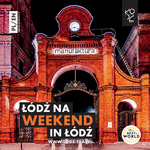 |
Weekend in Lodz (by Łódzka Informacja Turystyczna) |
Important Dates
| Action | Date |
| Abstract submission deadline | 30 October 2023 (Extended) |
| Notification of abstract acceptance | 15 November 2023 |
| Draft paper submission | Just after abstract acceptance |
| Notification of review result | 15 December 2023 |
| Early bird registration closed | 15 April 2024 |
| Revised paper submission | until 31 December 2023 |
Registration and Fee
Registration for the conference is through the conference management system - Coffee.
Registration Fees include:
- Attendance to all sessions
- Entrance to exhibition area
- Conference materials
- Refreshments to be served during the Conference Program
- Welcome Reception
Methods of Payment
Payments can be made via bank transfer or credit card.
Payment via Bank Transfer
All fees should be paid in EUR, free of all bank charges. Participants name/last name, date & amount of transfer, and explanation as of AMCM2024 Conference must be indicated on the transaction receipt of the bank transfer. Following the payment, receipt of the transaction must be sent to the registration secretariat amcm2024@info.p.lodz.pl
Bank charges are the sole responsibility of the participant and should be paid in addition to the fees.
Bank Name: Bank PEKAO SA, II Branch Lodz, Poland
IBAN (Euro Account): PL56 1240 3028 1978 0000 2822 2358
Swift Code: PKOPPLPW
Payment via Credit Card
Visa or Mastercard are accepted for credit card payments, which can be made online during the registration process.
Final Invoice
The final invoice will be available after the conference is over. The invoice will be issued based on details provided while registering (invoice details).
Cancellation Policy - Registration:
- Cancellations before and on April 15, 2024, will receive 50% refund.
- Cancellations after April 15, 2024, will not receive any refund.
Notification of cancellation must be received in writing to the secretariat by email to amcm2024@info.p.lodz.pl
Registration refunds will be processed within 30 days after the end of AMCM2024 and, bank charges will be deducted from the refund.
Conference fees
| AMCM 2024 Fees | by 15 April 2024* | After 15 April 2024* |
| Full Registration | 600 EUR | 700 EUR |
| fib/RILEM/ACI Member | 550 EUR | 650 EUR |
| Polish Academy of Science Commitee on Civil Engineering Member | 550 EUR | 650 EUR |
| Young Student or Engineer (<31y) | 400 EUR | 500 EUR |
| Young fib Member (<36y) | 350 EUR | 450 EUR |
| Virtual Member | 200 EUR | 300 EUR |
Gala Dinner: 70 EUR*
*) VAT not included. A value-added tax 23% (VAT) applies on the conference fees.
Abstract Template
Submission of abstracts and full papers is via the conference management system - Coffee. Before submitting a paper abstract, you must first register in the conference system.
Please prepare abstracts according to the following templates:
| Template | File |
| Abstract template | Download |
Contact
 Location:
Location:
Faculty of Civil Engineering, Architecture and Environmental Engineering
Al. Politechniki 6
93-590 Łódź
 Contact:
Contact:
Sponsorship Proposal Form
Become a sponsor of the AMCM'2024 Conference.
We offer four levels of sponsorship: Platinum, Gold, Silver and Bronze. Within each package we offer:
- A stand in the respective AMCM'2024 Conference Sponsor area,
- Free invitations to attend the conference and gala dinner *,
- Company logo, advertisement and link on the conference hall website in the relevant section*,
- Company logo in the Conference programme, book of abstracts, at the gala dinner and in the lobby in the relevant section,
- 1 full-page advertisement in the book of abstracts*,
- Maximum 1.5 min. video during breaks (in the main hall and workshop rooms)*.
- 60-second advertisement and video interview on the conference website*
- Posts on social media
*) Depends on the sponsorship package selected
If you would like to become a sponsor of the AMCM'2024 Conference please refer to our brochure.
